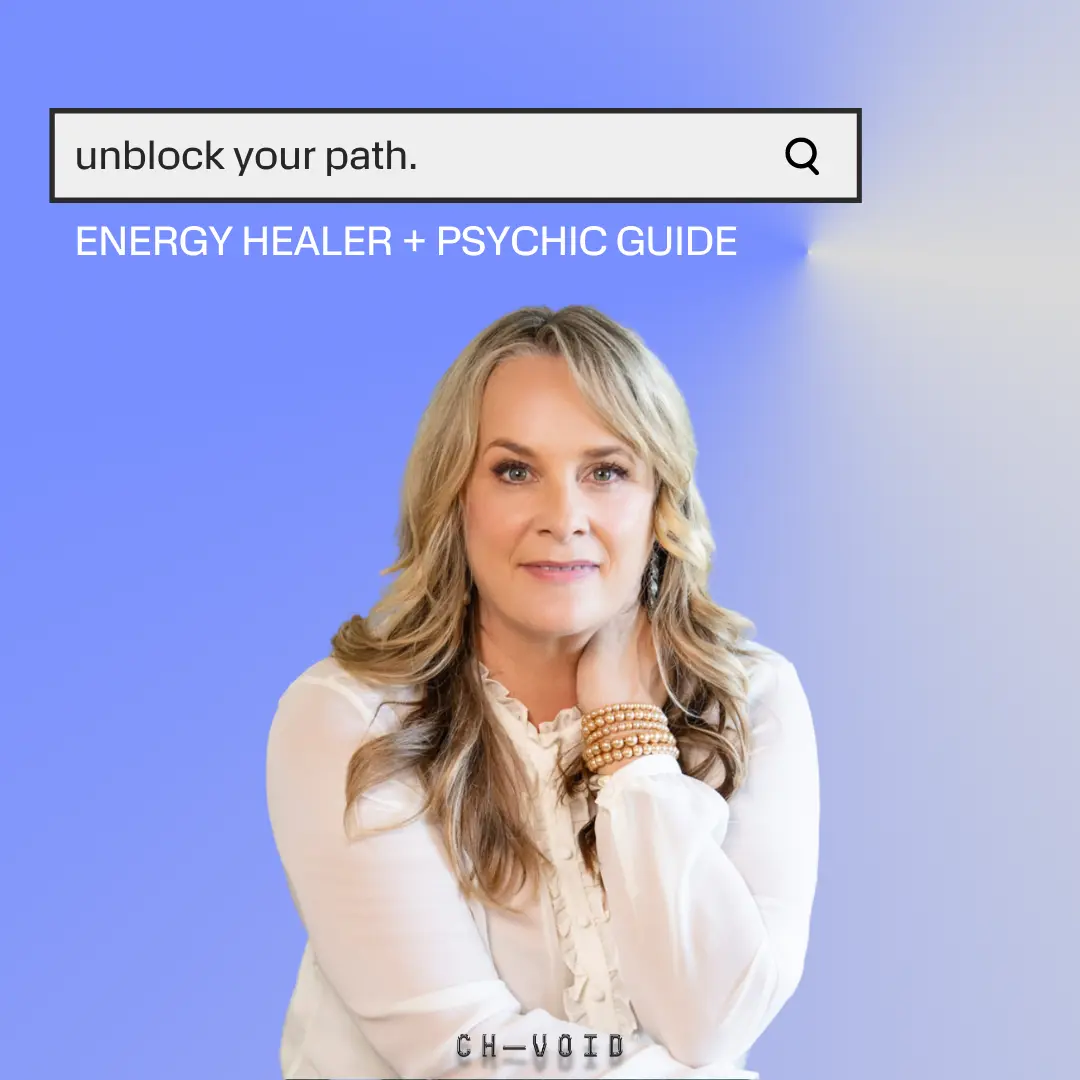The right to reproductive freedom
How to ease off of hormonal contraceptives and adjust to your natural cycle.
Note: for the purpose of this article, we’ve used the terms ‘woman’ and ‘women’ to refer to those whose biological gender is female. However, community is vitally important to Channel Void, and we recognise that there is a desperate need for more inclusive language to represent people who may menstruate and use hormonal contraception, without identifying as female.
When I was coming off the contraceptive pill, the only expectation I had was that it would take a while for my period to come back. I thought that meant a few months at the most. I was not prepared for an onslaught of oil-slicked hair and cystic acne so shattering to my self-esteem I was back on the pill (briefly, and out of desperation) 12 weeks later. After realising I needed to stick it out with the side effects, it took six months for my period to return, at least a year for my cycle to become regular again and around the same amount of time for my skin to get its shit together.
By no means is every woman’s transition from hormonal contraceptives an acne and anxiety-riddled horror show like mine was (in fact, plenty find it completely uncomplicated). But whether you’re quitting the pill to try and fall pregnant or you’re not digging some of the side effects of your intrauterine device (IUD), you’re probably going to notice some changes to your body during the process.
Here’s what you can expect when stopping hormonal contraceptives and how you can manage any side effects.
WHAT HAPPENS WHEN YOU GO ON, THEN OFF, HORMONAL CONTRACEPTION?
Hormonal contraceptives options include the oral contraceptive pill (OCP), the vaginal ring, long-acting reversible contraception (LARC) options including implant, injection, and intrauterine methods, as well as the over-the-counter levonorgestrel emergency contraceptive (LNG-EC) pill. These contain a small amount of human-made versions of hormones that naturally occur in our bodies — estrogen and the synthetic form of progesterone called progestin, or just progestin. Hormonal contraceptives inhibit your body’s normal hormone production to prevent pregnancy in a few different ways like stopping ovulation (and the ovaries from releasing eggs) and making the fluid at the opening to the uterus thicker (stopping sperm from getting through). When you quit using hormonal contraceptives, the brain and ovaries will resume their natural signalling, ramping up your body’s hormone production and restarting your natural cycle.
WHY SOME WOMEN ARE SEEKING OTHER OPTIONS.
There’s no denying the birth control method’s revolutionary role in women’s liberation, extending beyond sexual and reproductive autonomy to drive economic and social change. But bearing the responsibility of preventing pregnancy has come with its own costs for some women. Naturopath Vaughne Geary says education and empowerment have led women to consider their contraceptive options more critically.
There’s no denying the birth control method’s revolutionary role in women’s liberation, extending beyond sexual and reproductive autonomy to drive economic and social change. But bearing the responsibility of preventing pregnancy has come with its own costs.
“I feel the learned experience of women and scientific data collected over recent decades has shifted the general attitude from hormonal contraceptives being incredibly liberating to treating them with caution,” Geary says.
Instead of using it as a bandaid treatment for hormonal health issues, Geary says women deserve to have their concerns investigated, diagnosed and treated using a variety of collaborative Western and holistic medicine approaches.
“Many women, including myself, went on hormonal contraceptives as a teenager to ‘fix’ painful, heavy, irregular periods or skin concerns, or to simply avoid pregnancy. However, as adults, recognise that there are other options and that our bodies require a natural, healthy menstrual cycle and bleed to optimise our overall health as we age,” Geary says.
Aside from sometimes masking underlying conditions, Geary adds that negative side effects of hormonal contraceptives are also a concern for many women. With perfect use, hormonal contraceptives are very effective at preventing pregnancy. However, some people also report changes to libido, mood, and weight, to name a few, although studies don’t agree as to whether hormonal contraception increases these issues.
COMMON SIDE EFFECTS AND HOW TO ADDRESS THEM.
The changes you experience coming off hormonal contraception will depend on what kind you’re using and will vary from person to person. It will return you to your pre-pill/injection/implant state so you’ll deal with the same symptoms that might have led you to try your contraception of choice in the first place. Some might see their sex drive skyrocket while others are hit with PMS again. Geary also lists bloating and ovulation pain in the lineup of side effects. But there are some common symptoms you might experience as you adjust to your natural cycle.
1. CHANGES TO YOUR PERIOD.
Shortly after coming off hormonal contraceptives, you might experience a withdrawal bleed but it will be a while until you get your actual period back. It could take anywhere from three to several months for your period to return and regulate after coming off hormonal contraceptives. If you experienced heavy or painful periods before going on hormonal contraception, these will return.
2. AN ONSLAUGHT OF ACNE
Stopping hormonal contraceptives can sometimes cause your skin to, quite frankly, lose its shit. We’re talking painful cystic acne (especially around your chin and jawline), extra oil and inflammation. The hormones in contraceptives can improve skin health as they suppress breakout-triggering testosterone. Once you stop taking the pill, your body starts producing its own hormones again and its hypersensitive receptors have to readjust to the spiking levels. Post-contraceptive acne can take anywhere between a few months to a year to clear up.
3. MOOD CHANGES
The fluctuations in hormones can seriously affect your emotional state and many women report experiencing mood swings. For some, libido increases and irritability lessens. For others, mood drops and levels out months later. If you experience PMS or Premenstrual Dysphoric Disorder (PMDD) those symptoms will return after stopping hormonal contraceptives.
HOW YOU CAN MANAGE THE SIDE EFFECTS OF COMING OFF HORMONAL CONTRACEPTION?
Each symptom might require different methods of management but working with a health professional, holistic or otherwise, before quitting your contraceptive can help with the transition.
“Naturopaths blend science and holistic approaches by utilising functional testing, pathology interpretation, nutritional supplementation, herbal medicine, dietary and lifestyle support, whilst focusing on hormone balance and optimising other key body systems or areas of concern to ensure women are preparing their bodies for the transition in the months before coming off the pill,” Geary says.
Some things that can help?
Eating for good gut health: Eating a wide variety of plant-based whole foods can help feed your microbiome improving digestion, skin, mood and mental health
Manage any nutrient deficiencies: Oral contraceptives can deplete your body of folic acid, vitamins B2, B6, B12, vitamin C and E and the minerals magnesium, selenium and zinc.
Manage stress and sleep: A veritable no brainer, managing your stress levels and getting quality shut-eye will help you manage major mood swings. Add deep breathing, meditation, or journaling into your routine.
HOW LONG UNTIL FERTILITY RETURNS?
Again, every individual is different but it’s essential to remember that even if your period doesn’t return straight away, you can still get pregnant.
CONTRACEPTIVES YOU CAN USE INSTEAD.
If you’re transitioning off hormonal contraceptives to have a crack at conceiving then you clearly won’t be in need of another contraceptive option. However, if you have quit the pill or had your contraceptive device removed then you need to be switched on about preventing pregnancy. Hormone-free contraceptive options include condoms, barrier methods like diaphragms, copper IUDs, sterilisation (tubal ligation or vasectomy), or fertility awareness methods. Some of these are more effective than others.





















